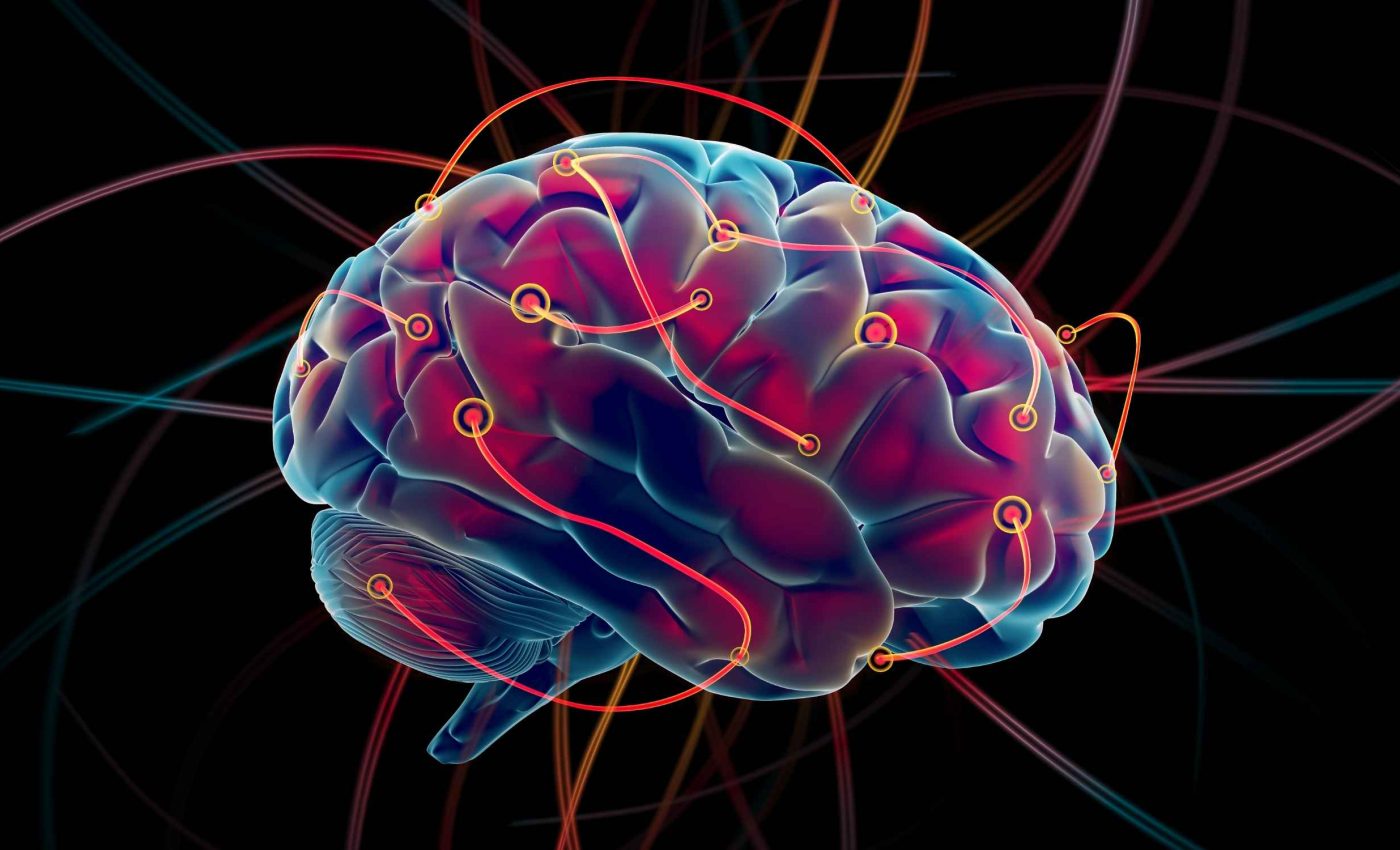
These small habits naturally slow and reduce cognitive decline, keeping the brain young and sharp
A two year study in the United States tested whether everyday habits could slow the kind of brain changes and cognitive decline that often come with aging.
The researchers compared a structured program with coaching and goals to a lighter, self-guided version.
Both groups got better on thinking tests, and the structured group improved a bit more overall. The difference was small but steady, and it held up across many types of participants.
Studying the aging brain
Lead investigator Laura D. Baker, Ph.D., of Wake Forest University School of Medicine and Advocate Health, and her team ran the study across five U.S. sites.
It was a large randomized clinical trial with 2,111 adults aged 60 to 79 who were at higher risk for decline due to factors like sedentary behavior, diet, and family history.
Participants were diverse by sex and ethnicity, and retention was high with 89 percent completing the two year visit. Safety was good in both groups, and adherence to the programs was strong.
The study tracked global cognition, a combined score from several tests that sample memory, mental speed, and planning. It also looked at executive function, which reflects skills used to plan, switch tasks, and manage goals.
Brain, aging, and diet
The structured program asked people to attend 38 small group meetings over two years and follow a clear plan.
Goals covered aerobic, resistance, and stretching exercise, diet targets, cognitive exercises, social activity, and regular health reviews with a study clinician.
The self guided program offered six group check ins and general encouragement, without coaching to specific targets.
Both programs focused on the same core ingredients, they differed in intensity, structure, and accountability.
Diet goals followed the MIND diet, which blends features of Mediterranean and DASH eating patterns with emphasis on greens, berries, whole grains, beans, nuts, olive oil, and fish.
Observational research has linked MIND style eating to slower cognitive decline in older adults.
Evidence is mixed when the diet is tested on its own in randomized settings. A recent randomized trial did not find a cognitive benefit over three years, so diet likely works best alongside other habits.
The program also used computerized brain exercises. A PLoS Medicine meta analysis found modest gains from such training in healthy older adults, and design details like supervision and frequency seemed to matter.
What the results show
Over two years, the structured group’s global cognition rose by an average of 0.243 standard deviations per year, while the self guided group rose by 0.213.
The difference between groups, 0.029 per year, was statistically significant.
Executive function improved more in the structured group by 0.037 standard deviations per year, while processing speed showed a similar pattern that did not reach significance.
Memory scores did not differ between groups.
Benefits were consistent for people across age, sex, ethnicity, heart health, and genetic risk. The APOE ε4 variant, a well known risk factor for Alzheimer disease, did not alter the pattern seen in the study.
How big is the benefit
A 0.029 per year edge sounds tiny, and it is, but it was detectable on careful testing over two years.
The steady gain suggests that structured support may help people keep pace or better, rather than slide as quickly as expected with age.
Strengths included high adherence, strong safety, and rigorous measurement. Fewer adverse events were recorded in the structured group despite the extra activity and contact.
One design limitation matters for interpretation. There was no no-treatment control group, so both programs may have lifted performance in part through education, coaching, and repeated testing.
How this fits with other research
An earlier Finnish multidomain trial, known as FINGER, also found that a combined approach to exercise, diet, brain training, and vascular care can help older adults at risk maintain thinking skills.
U.S. POINTER was designed to test a similar strategy in a broader American population.
A major commission has underscored that many risks for dementia are modifiable across the lifespan. Addressing multiple risks together aligns with that picture and may be more practical than chasing a single fix.
Brain aging and future health
“The potential to improve cognition with fewer resources and lower participant burden is compelling,” said Baker.
Support and structure seem to matter, not just the ingredients. The results point to the value of clear goals, regular feedback, and a group that keeps you accountable.
The habits themselves are familiar, and that is part of the point.
Regular moderate to vigorous activity, strength work, flexibility, a plant forward eating pattern, social connection, sleep attention, and blood pressure, glucose, and cholesterol checks can fit into daily routines.
No single habit is a magic bullet, and not every domain moved in the same way. The absence of a memory difference reminds us that brain health is complex and benefits may show up first in planning and mental speed.
Older adults with medical conditions should tailor goals with a clinician to stay safe.
Simple steps that are repeated and supported are more likely to stick, and this study shows that even modest changes can matter over time.
The study is published in JAMA.
—–
Like what you read? Subscribe to our newsletter for engaging articles, exclusive content, and the latest updates.
Check us out on EarthSnap, a free app brought to you by Eric Ralls and Earth.com.
—–













